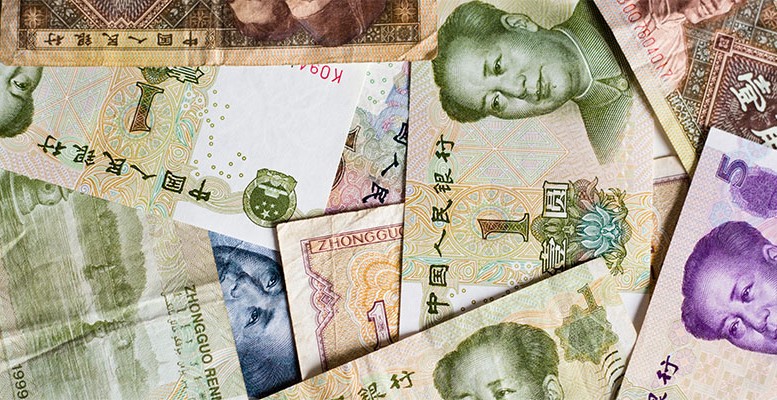In a rare move, China’s foreign exchange regulator named nine banks for violations of foreign exchange regulations amid continued efforts to clamp down capital outflows.
Local branches of the banks, including the Agricultural Bank of China, Minsheng Bank and Ningbo Bank, were cited by the State Administration of Foreign Exchange (SAFE) for irregularities in foreign exchange transactions. The banks were fined between 260,000 yuan and 1 million yuan ($14.9 million).
Chinese authorities have tightened scrutiny of foreign exchange transactions and cross-border money transfers since late last year because of concerns over capital flight and a weakening yuan. Several companies and individuals have been punished for violations of forex rules this year, but this is the first time the forex regulator has publicly accused banks.
A SAFE official said the incidents of misconduct indicated the banks’ failure to comply with related rules and their intentions to tolerate or assist clients in wrongdoing related to forex transactions.
Seven banks were sanctioned for helping companies falsify trade documents for foreign currency purchase or failing to conduct due diligence to verify their clients’ applications. Two others were punished for negligence or violation of forex rules involving individual customers.
A Sanya branch of Minsheng Bank in Hainan Province was fined 1 million yuan and suspended from individual forex service for one year after 16 employees were found to have used their own forex quotas to buy a total of $810,800 of foreign currency for a branch executive and the executive’s friends. Under forex regulations, every individual in China is allowed to purchase the equivalent of $50,000 in foreign currency each year.
“The cases reflected the banks’ negligence on business compliance and inadequate internal control,” the SAFE official said.
The forex regulator has issued several directives this year requiring banks to tighten scrutiny and due diligence on forex transactions. In May, the agency said it would strengthen assessment of banks’ forex business.
In June, SAFE said it would ask banks to report all cash withdrawals made at overseas ATMs and payments of more than 1,000 yuan with China-issued bank cards to screen for money laundering. The regulator said Thursday that the new measure will go into effect Aug. 21.
Along with the nine banks, SAFE also punished seven companies and several individuals for forex violations. The seven companies were fined as much as 6 million yuan for falsifying trade deals to obtain foreign currencies or illegal money transfers.
Chinese regulators have stepped up measures to control capital outflows since late 2016 as shrinking forex reserves and the weakening yuan fueled concerns over a capital exodus. In January, China’s forex reserve fell to $2.9982 trillion, breaking the psychological “comfort level” of $3 trillion for the first time since February 2011. The balance started climbing in February after an eight-month decline. The yuan lost more than 6% against the dollar last year.





